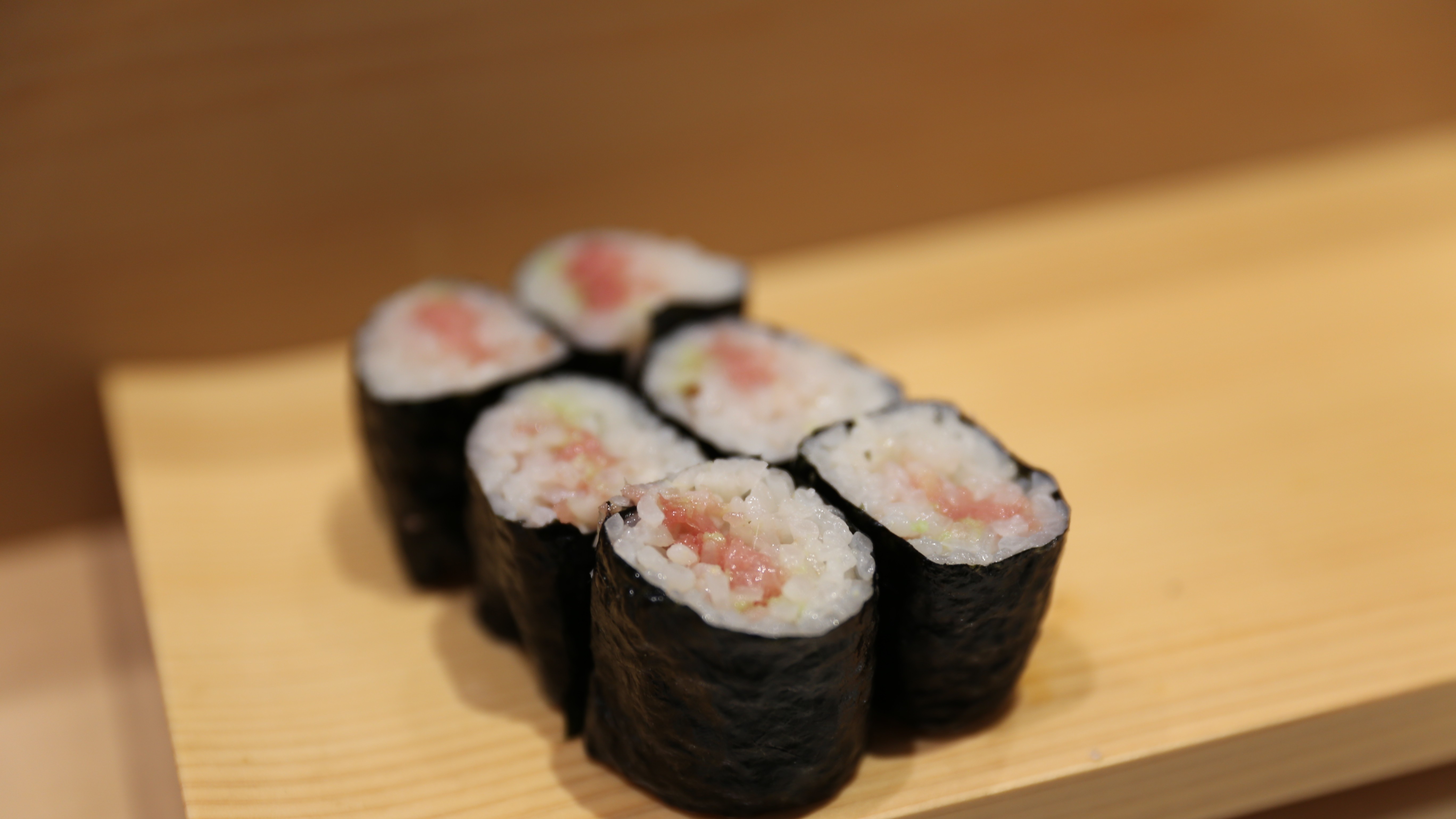“The region lights up like a Christmas tree on the MRI,” said Dr. Read Montague, an associate professor of neuroscience at Baylor, of the study. “That suggests people are designed to crave the unexpected.”"Giving up control with food (while still feeling relatively safe) gives our brains comfort and those bursts of dopamine we long for when life gets predictable."
One of the most pervasive of these culinary “surprises” is undoubtedly the tasting menu, where the diner implicitly trusts the chef, or what's known in Japan as omakase, where trust is explicit in the name.“Whether a Japanese sushi chef or any other chef that offers this sort of deal, the customer is deferring to the chef's expertise and artistry,” explains David Beriss, President of the Society for the Anthropology of Food and Nutrition and Associate Professor and Chair of the Department of Anthropology and Sociology at the University of New Orleans.“The customer is also implying that they know enough about the chef (and maybe even have a personal relationship with the chef) that they are willing to trust them to please and impress them… That is part of showing off one's cultural capital, of course, along with showing off one's wealth, since omakase and other similar dining can be expensive."
Sashimi omakase, or chef's choice. Photo: Getty Images/Pamela Lao
